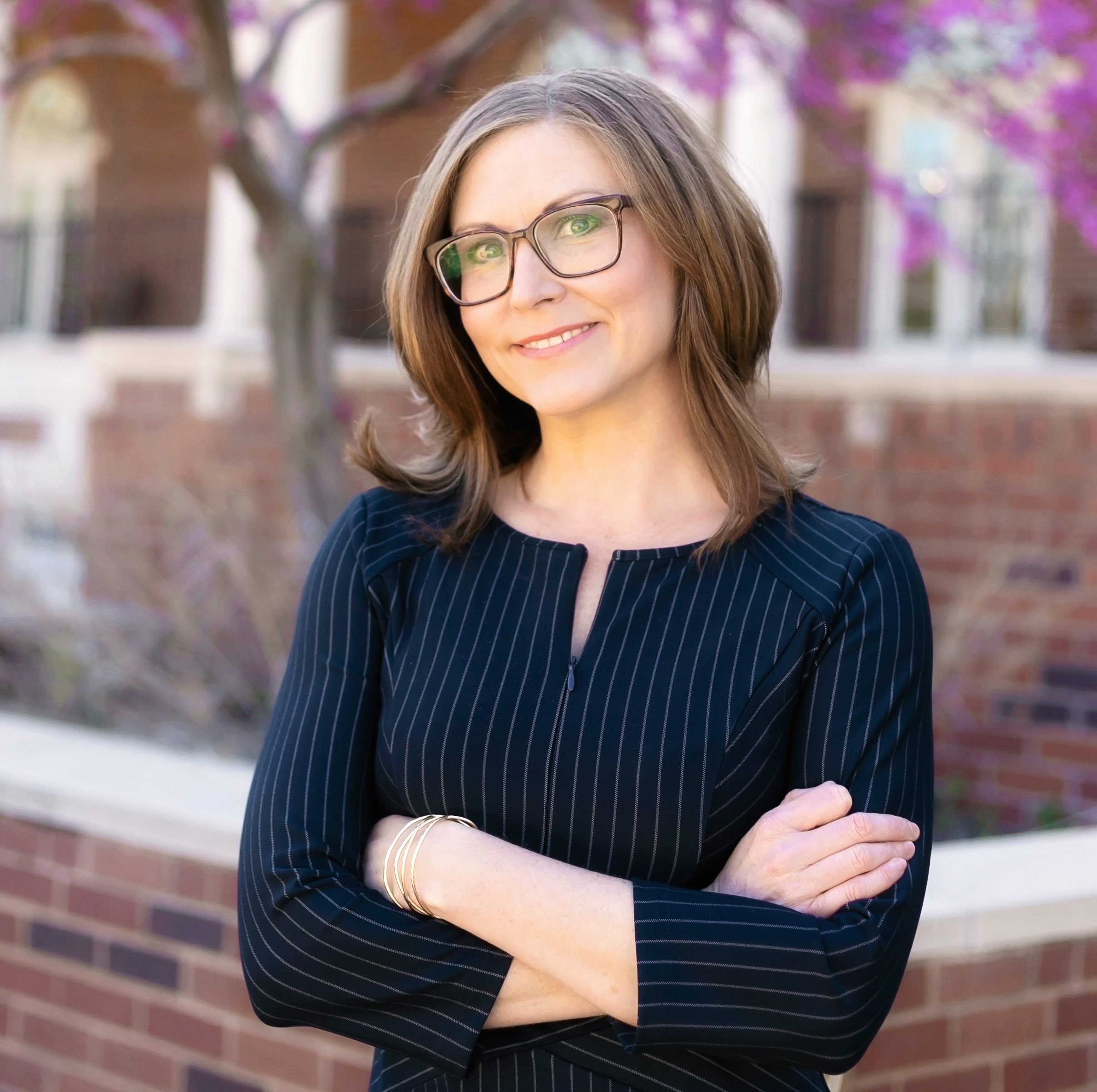Dr. Holly Karibo
The School for the Study of Canada / École d’études canadiennes is excited to Dr. Karibo in the fall of 2024 as Trent Unviersity Fulbright Research Chair.

Research Reception:
Thursday December 12, 2024, 2 PM
The Pit, Lady Eaton College
Please join the School for the Study of Canada / École d’études canadiennes and the Office of Research and Innovation in celebrating Dr. Holly Karibo, the 2024 Fulbright Research Chair in Comparative Canadian and American Studies at Trent University.
This event will include a talk by Dr. Karibo about her recent book and research in an informal setting.
It is free and everyone is welcome. Light refreshments will be served.
for more information please contact the School at canadianstudies@trentu.ca
Holly M. Karibo is an associate professor of History and Director of Graduate Studies at Oklahoma State University. She received her Ph.D. from the University of Toronto. Her research focuses on the history of vice, labor, and sexuality in transnational urban spaces from the late-19th century to the present. Karibo is the author of the award-winning book Sin City North: Sex, Drugs, and Citizenship in the Detroit-Windsor Borderland (The University of North Carolina Press 2015) and Rehab on the Range: Addiction and Incarceration in the American West (forthcoming with University of Texas Press in November 2024). She is also the co-editor of Border Policing: A History of Enforcement and Evasion in North America (University of Texas Press 2020). Her research has also appeared in numerous journals, including Register of the Kentucky Historical Society, Journal of the Southwest, Social History of Medicine, Left History, Histoire sociale/Social History, American Review of Canadian Studies, and Social History of Alcohol and Drugs. Karibo is the recipient of over thirty fellowships, grants, and awards, and was appointed as a Fulbright Canada Research Chair in North American Studies (2024-2025) and the Jack and Nancy Farley Distinguished Visiting Scholar at Simon Fraser University (2020-2021).
While at Trent, Dr. Karibo will be working on her current research project:
“Ladies, Liquor, and the National Line: Gendering Prohibition in the Great Lakes Borderlands” is the first in-depth study of women’s participation in cross-border illegal economies along the US-Canada border during the American Prohibition Era (1919-1933). It focuses on a geographical region at the center of these smuggling networks, namely the area that connected residents in New York, Michigan, Ontario, Quebec, and the Mohawk Nation at Akwesasne. This transnational space became a fruitful site to capitalize on illicit trade in a wide variety of products, especially alcohol. Reframing our understanding of Prohibition through the lens of gender, race, and labor, this project uncovers the lived experiences of women who transgressed multiple social boundaries in what was previously assumed to be a male-dominated industry.
As part of the Research Chair, Dr. Karibo will be teaching a special topics course in Canada - US relations:
CAST 4895H: Advanced Topics in Canada–US Relations --Sin Cities: Vice in the North American Borderlands
This class will examine the history of ‘illicit’ economies in US-Canada and US-Mexico borderlands during the 19th and 20th centuries. We will cover several key topics, including how the state tried to regulate and suppress vice economies; the experience of women and men who worked in illicit ventures such as prostitution, drug, and the liquor trades; and how gender and racial codes animated public debates on vice. The course will be historical in nature but will also take an interdisciplinary perspective. Throughout our course, students will engage with key debates that animated moral regulation in the modern past—and that continue to resonate today.
Students can register into CAST 4895H FA 2024 via mytrent. Students not having the pre-requisite of 14.0 credits completed may submit a pre-requisite waiver request for consideration. Students in majors outside of CAST can approach their department chairs for special consideration to have this course count toward their degree specific requirements, or can take the course as an upper level elective. For more information, please contact Canadian Studies.

